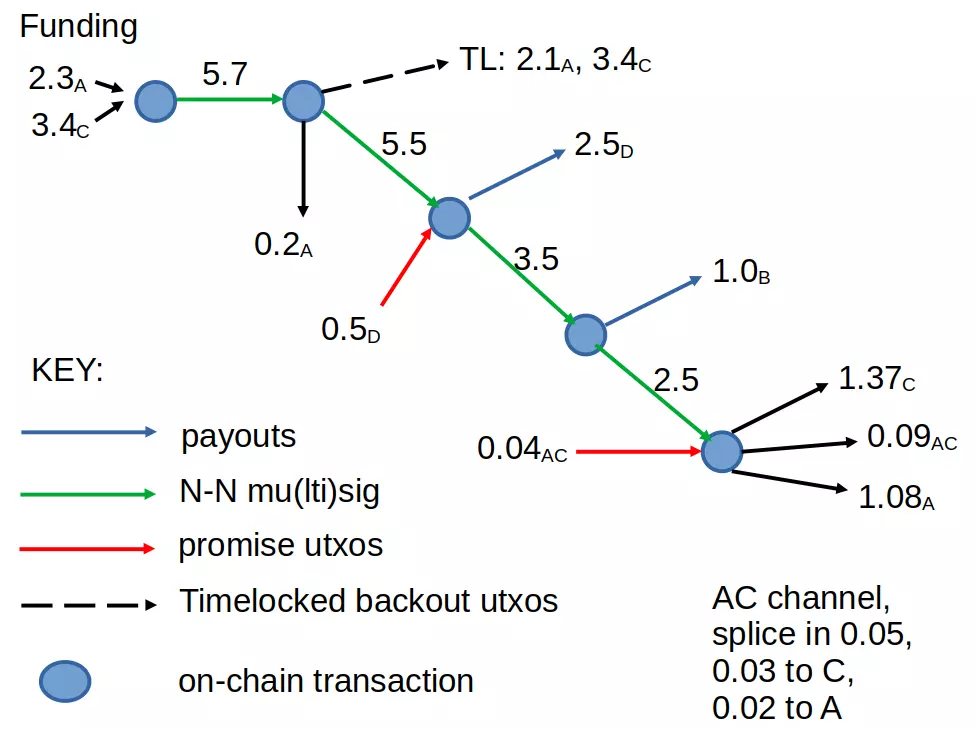waxwing on Nostr: Got a lot of good answers here, thanks. My (I'm sure not even a tiny bit novel) ...
Got a lot of good answers here, thanks.
My (I'm sure not even a tiny bit novel) summary of playing with current gen LLM tools is that they're likely very useful in three main situations:
One is when your task is more synthetic/creative: writing a letter, generating ad copy or creating a game, story etc etc where you need some flow of interesting human concepts (written well where that matters). I haven't tried any image stuff only text but i guess it'll be very useful there too now, since it's getting better. To be clear, I'm only guessing about this use case. Maybe creative people will find it useless, but seems unlikely.
The other is where you're doing something and aren't yet expert: an example might be learning a foreign language at intermediate level; it'll be a great practice tool. Or very similarly, learning a computer language or framework but you're not fully comfortable in it yet. The problem is that when you are expert in a technical thing, especially a less common one, then the kinds of questions you have are too difficult, and it will confidently give you answers that are *very* likely to be flat out wrong.
The third is the "donkey work" case: imagine having an intern who just graduated and remembers *all* the basics and theory but doesn't know much about the gotchas of real life in your field. You can give them tasks that would take time but are not easy to screw up. For example, writing unit tests for code (it dies seem like they are *particularly* good at software, unsurprisingly). You might still need to review the work to double check it but you saved a bunch of your time. I guess this is going to be the *main* use case until/unless AI has another quantum leap.
My (I'm sure not even a tiny bit novel) summary of playing with current gen LLM tools is that they're likely very useful in three main situations:
One is when your task is more synthetic/creative: writing a letter, generating ad copy or creating a game, story etc etc where you need some flow of interesting human concepts (written well where that matters). I haven't tried any image stuff only text but i guess it'll be very useful there too now, since it's getting better. To be clear, I'm only guessing about this use case. Maybe creative people will find it useless, but seems unlikely.
The other is where you're doing something and aren't yet expert: an example might be learning a foreign language at intermediate level; it'll be a great practice tool. Or very similarly, learning a computer language or framework but you're not fully comfortable in it yet. The problem is that when you are expert in a technical thing, especially a less common one, then the kinds of questions you have are too difficult, and it will confidently give you answers that are *very* likely to be flat out wrong.
The third is the "donkey work" case: imagine having an intern who just graduated and remembers *all* the basics and theory but doesn't know much about the gotchas of real life in your field. You can give them tasks that would take time but are not easy to screw up. For example, writing unit tests for code (it dies seem like they are *particularly* good at software, unsurprisingly). You might still need to review the work to double check it but you saved a bunch of your time. I guess this is going to be the *main* use case until/unless AI has another quantum leap.
quoting nevent1q…leh9Current best open source alternative to chatgpt? (paid is fine, though I'm sure there are a ton of nuances to consider)
#asknostr
